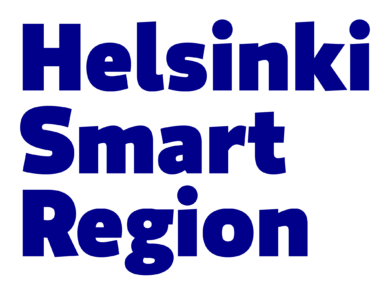News
Finland showing the way – A carbon neutral Helsinki Smart Region as soon as 2035
Published:
The Helsinki-Uusimaa Region in Finland aims to be a carbon neutral region by the year 2035. The Helsinki-Uusimaa Regional Assembly approved of this challenging goal last December, as included in the Helsinki-Uusimaa Regional Programme 2.0.
The Helsinki-Uusimaa Region advanced its timetable by 15 years. Many other municipalities in the region have advanced their timetables, as well. The goal of the City of Helsinki lies in the year of 2035. The City of Espoo, however, has set up its goal for as early as 2030.
It is an ambitious goal that challenges the regional municipalities to take quick measures to reduce climate change. Changes are needed in both energy production and consumption. Smart and financially sustainable solutions are used in creating a low carbon and ecological region.
Competent people and successful business
The Helsinki-Uusimaa Regional Programme 2.0 creates a region of competent inhabitants and responsible businesses that is both climate smart and versatile. Promoting equality, supporting participation and safety are the basic values of the programme.
– A successful and responsible business is the presumption of a regional success. We emphasize the importance of start-up enterprises, but also support the development and growth of current businesses, Mr Juha Eskelinen, the Director of Regional Development at the Helsinki-Uusimaa Regional Council states.
The Regional Programme includes measures to increase the well-being and competence of its inhabitants.
– The speed at which the world and society are changing, requires a constant set of new skills. A fast population growth due to immigration is a special challenge for the Helsinki-Uusimaa Region, expressed by Mr Lauri Kuukasjärvi, the Business Development Manager at the Helsinki-Uusimaa Regional Council.
The programme is a steering instrument for the regional development and the allocation of regional resources. The programme was built in active cooperation with municipalities, authorities, business life, universities and organisations that are also responsible for its implementation.







 Return to listing
Return to listing